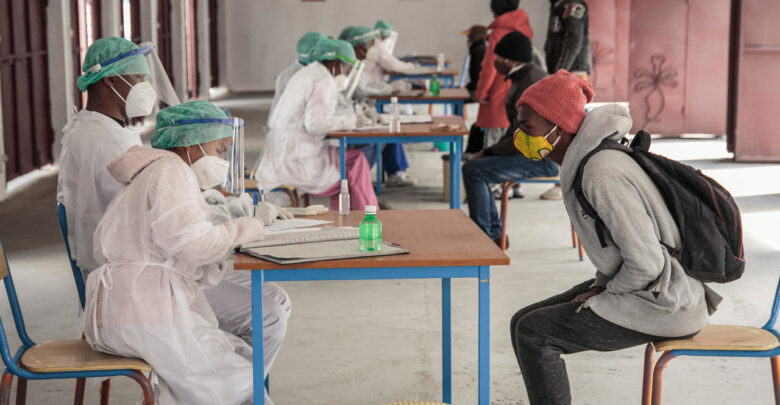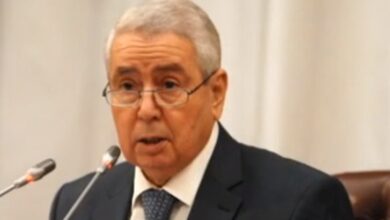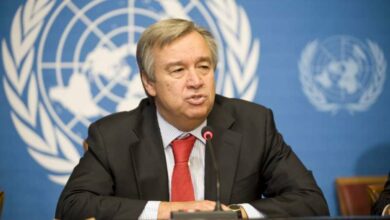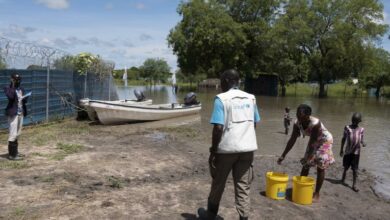
The World Health Organization (WHO) Director of Health Emergencies Programme, Mike Ryan has said the coronavirus will not disappear, adding that the 2009 pandemic virus is still circulating, reported India Today.
He said with more and more vaccination will lead to herd immunity and that will result in lower levels of hospitalization. He said, for now, COVID-19 remains a public health emergency of international concern.
“The lower levels of transmission and the more equitable distribution of vaccines will mean that herd immunity is achieved, and gradually we can look at lower levels of hospitalization,” he said adding “But as of now, it continues to be a public health emergency of international concern.”
The 2009’s swine flu pandemic killed an estimated 2,84,500 people, some 15 times the number confirmed by laboratory tests at the time, according to a study by an international group of scientists published in 2012. H1N1 had begun spreading by November 2009, and the WHO declared the epidemic at an end the following August.
In related news, the WHO and its partners have said they hope to provide about 30 percent of the COVID-19 vaccine requirement of African countries by February, missing the 60 percent vaccination coverage goal that African leaders had once set for this year.
Notably, Africa has administered only 2 percent of coronavirus vaccines out of 5.7 billion doses given around the world so far.
On Tuesday, the WHO Director-General Tedros Adhanom Ghebreyesus said the massive disparity in vaccination rates between rich and poor countries is a solvable problem. He urged vaccine manufacturing companies to prioritize COVAX, the UN-backed initiative designed to share vaccines across the globe and provide doses to lower-income countries at no cost.
The African Union (AU) accused manufacturers of COVID-19 shots of denying African countries a fair chance to buy them. The African body also urged vaccine manufacturing countries to lift export restrictions on vaccines and their components.






